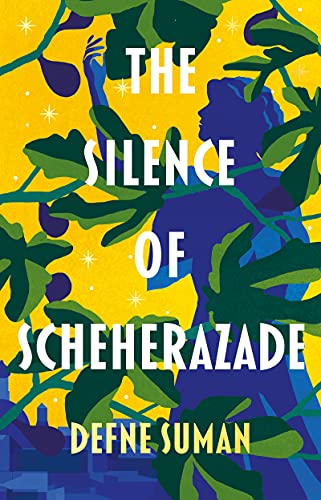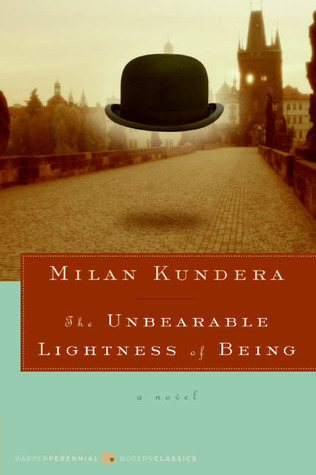We will meet on Thursday, 20th November, 8pm at The Ash Tree, Ashendon, to discuss 'The Art of The Lie' by Laura Shepherd-Robinson.
Here are the choices for our next read:
Femina by Janina Ramirez
Giving voice to the influential women of the Middle Ages who have been silenced by male gatekeepers, Ramirez's sweeping account not only highlights unjustly forgotten pioneers but also demonstrates how easily historical narratives can be manipulated.
The Middle Ages are seen as a bloodthirsty time of Vikings, saints and kings: a patriarchal society which oppressed and excluded women. But when we dig a little deeper into the truth, we can see that the 'dark' ages were anything but.
Oxford and BBC historian Janina Ramirez has uncovered countless influential women's names struck out of historical records, with the word FEMINA annotated beside them. As gatekeepers of the past ordered books to be burnt, artworks to be destroyed, and new versions of myths, legends and historical documents to be produced, our view of history has been manipulated.
Only now, through a careful examination of the artefacts, writings and possessions they left behind, are the influential and multifaceted lives of women emerging. Femina goes beyond the official records to uncover the true impact of women like Jadwiga, the only female King in Europe, Margery Kempe, who exploited her image and story to ensure her notoriety, and the Loftus Princess, whose existence gives us clues about the beginnings of Christianity in England. See the medieval world with fresh eyes and discover why these remarkable women were removed from our collective memories.

In All Day Long by Joanna Biggs
The average person spends 100,000 hours of their life at work, but how much do we really know about what we do with it? What is it really like to work in advertising, to be a train driver, a sex worker or an orthodox rabbi? What do we do in our working hours, and how does that colour our life, beliefs and happiness? And what happens to how we feel about work in a recession?
Joanna Biggs finds the answers to these questions and more by talking to the interns and bosses, professionals and entrepreneurs, and thinkers and doers who make up the workforce. Her journey takes us from Parliament to the long grassed fields of the Outer Hebrides, from a hospital in Wales to the wings of the Royal Opera House, introducing us to the different worlds of work and the people who inhabit them.
Full of human detail and street-level observation, Joanna Biggs' writing combines genuine empathy with social, cultural and political awareness. Like Studs Terkel's classic book 'Working' did several decades ago in America, her book paints a portrait of the UK right now, showing us who we are through what we do.
A Gentleman in Moscow by Amor Towles
In 1922, Count Alexander Rostov — an aristocrat who has never worked a day in his life — is sentenced by a Bolshevik tribunal to house arrest in Moscow’s grand Metropol Hotel. Instead of being executed or exiled like many of his peers, he must live out his days in a tiny attic room, forbidden ever to step outside.
What follows is a beautifully written, warm, and often humorous story about how a man stripped of his freedom learns to build a full and meaningful life within 4 walls. Over the decades, the Count forms deep friendships with the hotel staff, a precocious young girl, and unexpected companions who challenge and enrich him. Through dinners, conversations, small adventures and changing political tides, he discovers that purpose and joy can be found even in confinement.
The novel is elegant, charming and full of wit — but also explores big themes: dignity, resilience, history, friendship, love, and what it means to live a good life amid upheaval.





 The Silence of Schererozade by Defne Suman
The Silence of Schererozade by Defne Suman A Chip Shop in Poznań – My Unlikely Year in Poland by Ben Atkin
A Chip Shop in Poznań – My Unlikely Year in Poland by Ben Atkin









